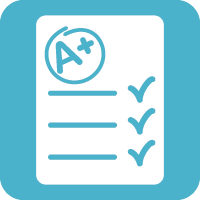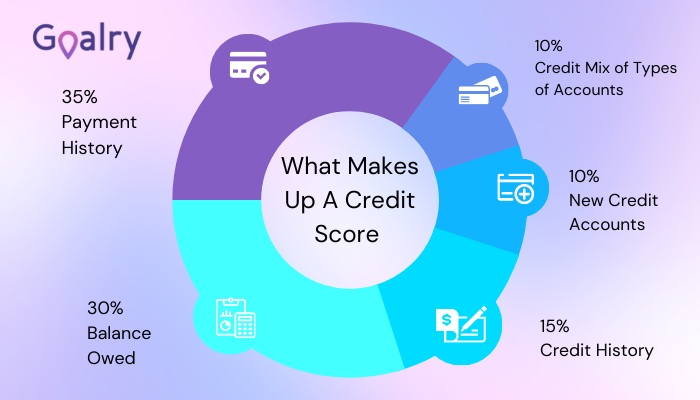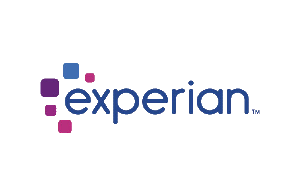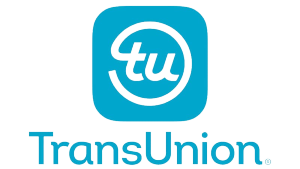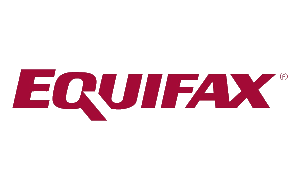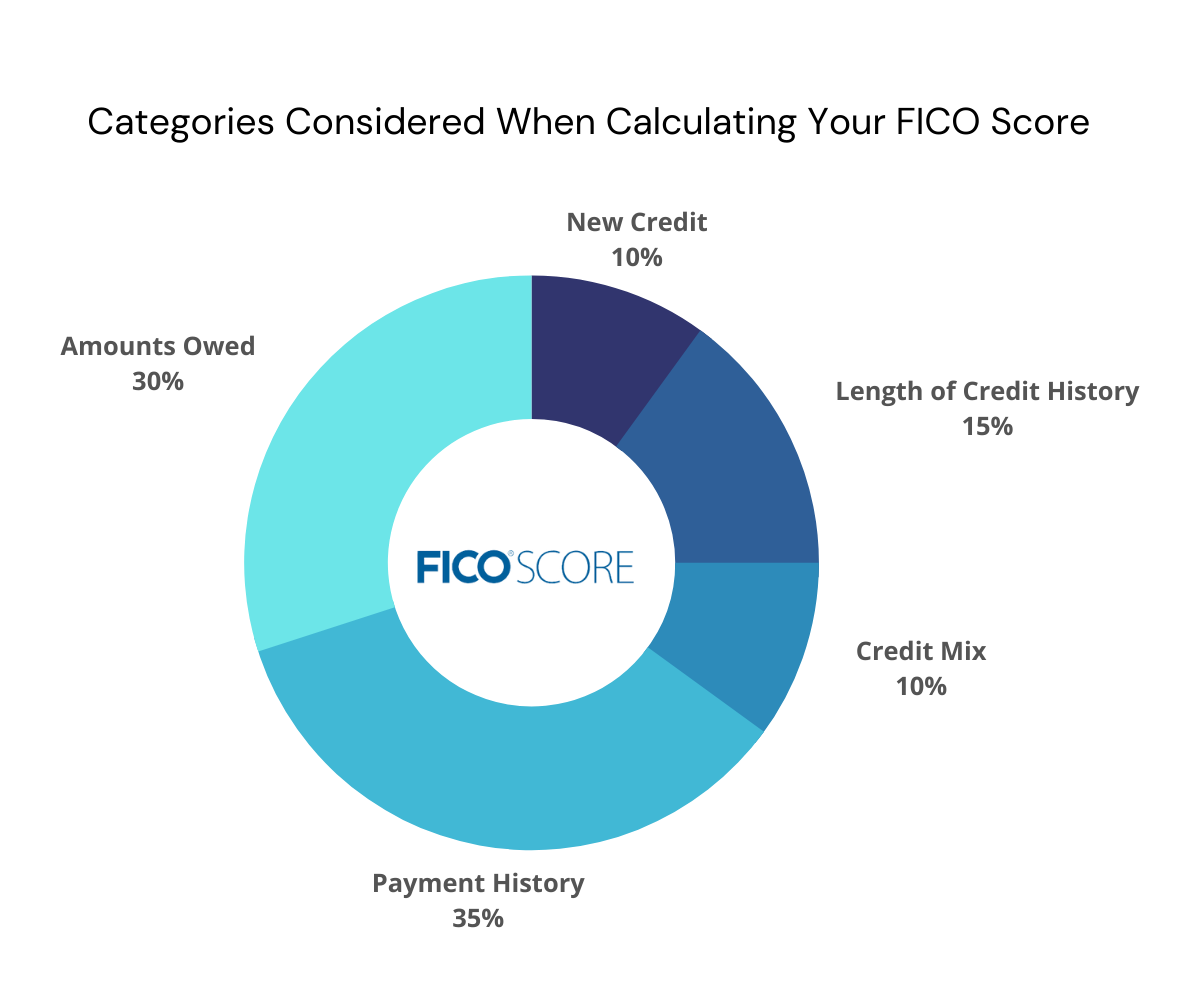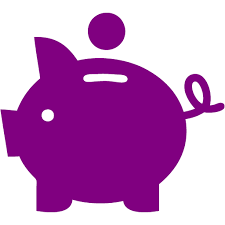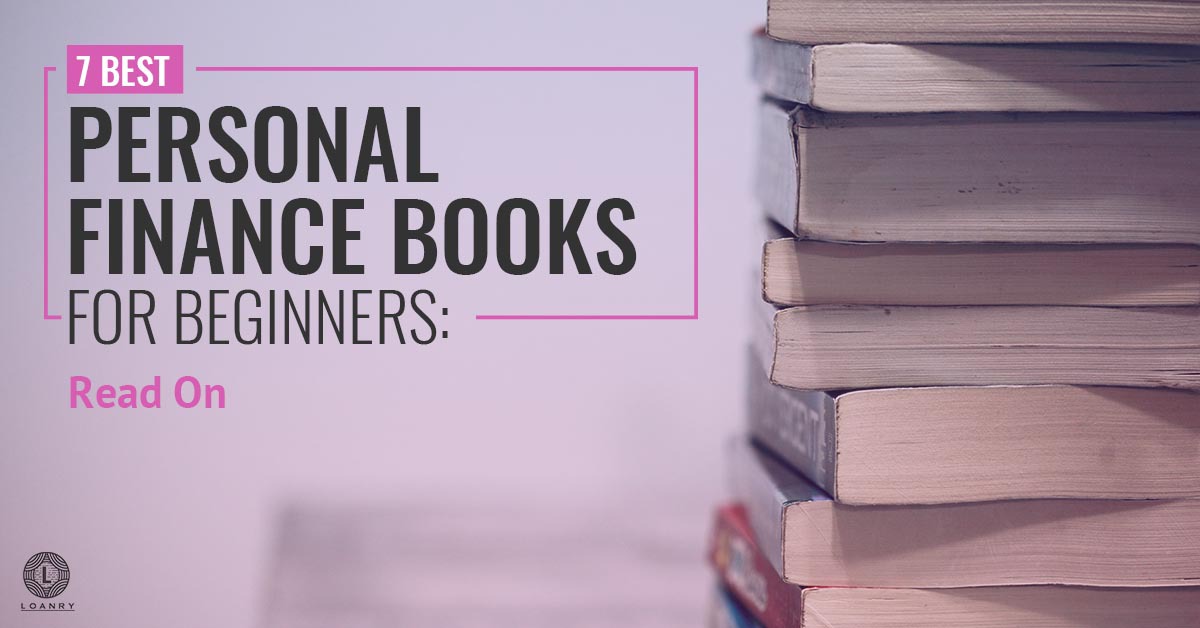
Budgeting can be hard, no matter how much experience you have. You may have done well in your math courses in school, but personal finance is more complex. It requires you to keep a variety of financial activities in mind. Whether you are a teenager who is just beginning school or your career or someone who has been handling your personal finances for years, you probably still have more to learn about personal finance. Regardless of whether you want to learn about business finance or personal finance, it is important to start with the basics. If you keep reading, you will get information about the best resources for learning about finance for beginners, including best personal finance books for beginners.
Personal Finance Books for Beginners
Apps and websites are great for learning about the basics of personal finance, as well as helping you manage your personal finances, but nothing compares to good, old-fashioned books. Personal finance books for beginners are a great way to find all of the information you might need for handling your own personal finances. Personal finance books for beginners can help you manage your money better, explain how to make a budget, assist you in creating a debt payoff plan, and teach you how to stop living from paycheck to paycheck.
Most importantly though, personal finance books for beginners can give you the motivation and inspiration you need to take action towards managing and improving your personal finances. Our top seven best personal finance books for beginners are below.
You can get the following books on Amazon, at your local library, or possibly on Audible. No matter what your financial situation is, these books are available for you.
1. Your Money or Your Life: 9 Steps to Transforming Your Relationship with Money and Achieving Financial Independence
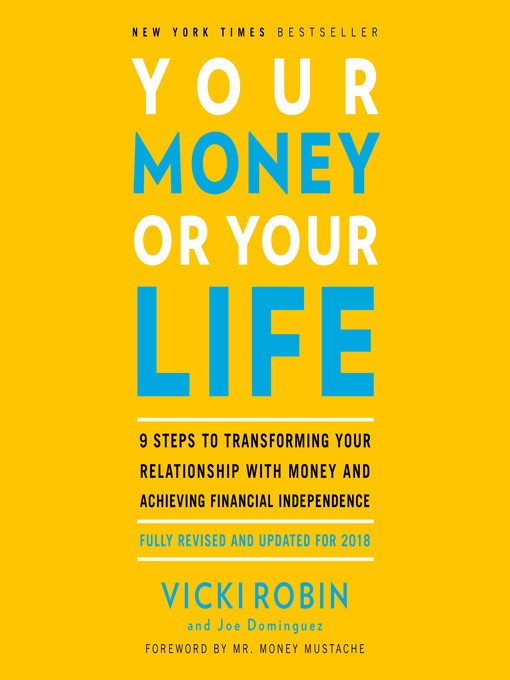
This is one of the best personal finance books for beginners. This highly-recommended book by Vicki Robin and Joe Dominguez helps you transform your relationship with money in order to achieve financial independence. With a simple framework comprised of only nine steps, Robin and Dominguez make it easy to achieve your personal finance goals.
They provide some exercises that “completely changes the way you view your money” and allows you to “take control of your financial situation and lead a more fulfilling life.” If you already have a budget in place and are working towards your financial goals, then this book can help you take the next step. The framework in this book focuses on not just decreasing your expenses and sticking to a budget, but also on actually building up your wealth.
2. All Your Worth: The Ultimate Lifetime Money Plan
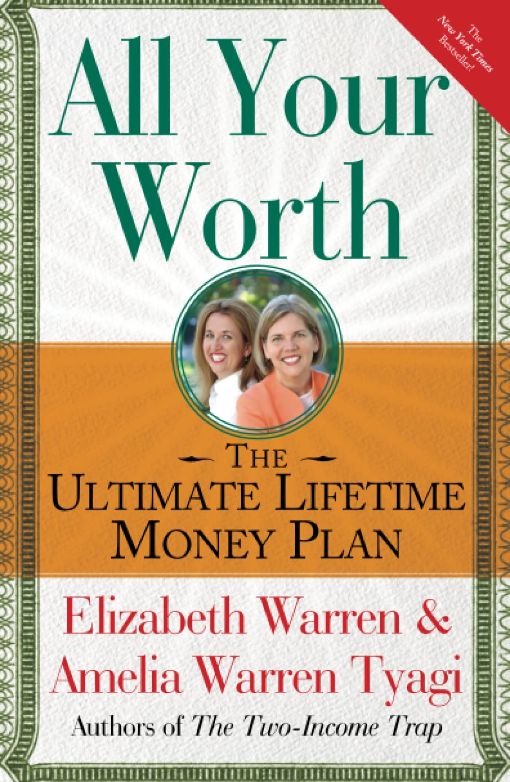
All Your Worth, which was co-written by Senator Elizabeth Warren and her daughter Amelia Warren Tyagi, is also among the top of the list of personal finance books for beginners. This book came up with the popular 50/20/30 rule of thumb. This guiding principle explains how to best spend your money. 50% should be spent on Must-Haves — such as bills, 30% should be used on the Wants — or fun things, and the final 20% should be put into your Savings.
Rather than focusing on strict budgeting, this book instead gives you a new mindset on money and how to get your personal finances on track. According to Elizabeth Warren and Amelia Warren Tyagi, balance is key. If your goal is financial freedom, then this is the book for you. This book can help you take control of your money and personal finances.
3. How to Manage Your Money When You Don’t Have Any
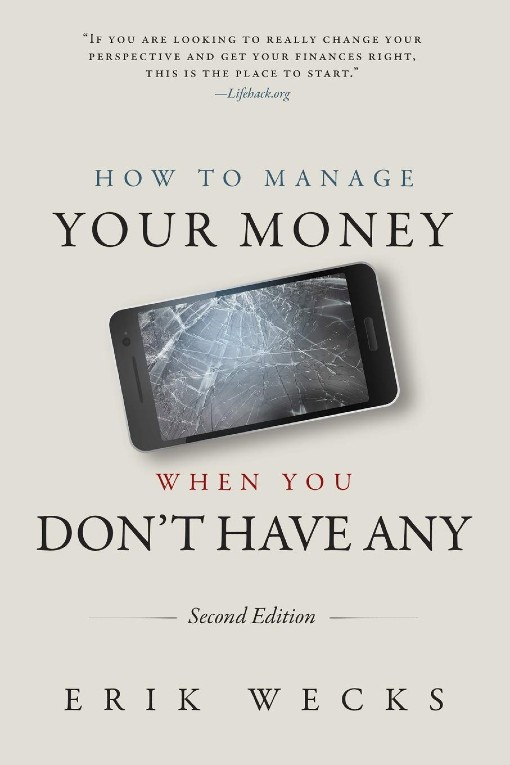
It is hard to manage your money when you don’t have any. When you are just living paycheck to paycheck, savings and investment are probably not your first priority. Sometimes it is hard enough just to get by. Eric Wecks wrote this book specifically for Americans who struggle to survive financially on a month by month basis. If you are in debt or do not have any background of financial education, then personal finance books for beginners like this can help you.
Weck uses tips and everyday examples and references in order to share his wisdom on “[doing] the best [you] can with [your] income no matter its size.” It’s not how much you have, it’s what you do with what you have. If you need help managing the money that you do have, then this is the book for you.
4. Why Didn’t They Teach Me This in School?: 99 Personal Money Management Principles to Live By
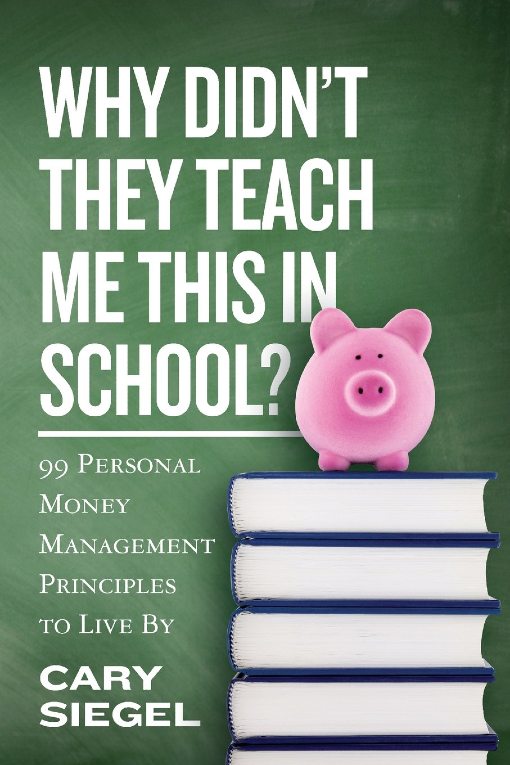
Not all personal finance books for beginners were written by people trying to pass on their financial wisdom to their own children, but this one was. When Cary Siegel was writing down these personal money management principles to live by for his children, he realized that many of this “basic” information isn’t taught in school. This quick, easy read is divided into eight important lessons, which focus on important lessons Siegel learned from personal life experience. Some of his principles are unorthodox, which creates for an interesting read and memorable lessons.
Whether you are in high school, college, or a working adult who feels like they didn’t get taught about personal finance and money management in school, then this book can help you with some of the basics.
5. Smart Couples Finish Rich, Revised and Updated: 9 Steps to Creating a Rich Future for You and Your Partner
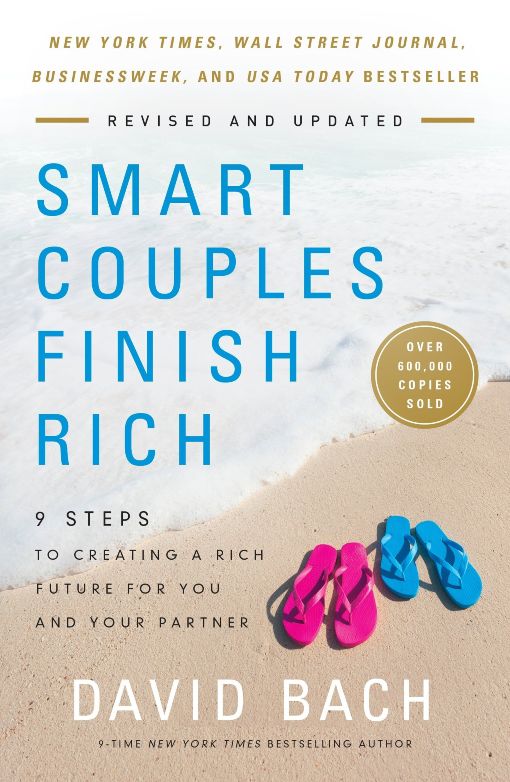
It is important to be on the same page as your partner, especially when it comes to your shared personal finance. Not many personal finance books for beginners focus on the importance of shared decisions and a shared vision for personal finance for couples, but it is important to be able to align your values, especially your financial values, with your partner.
If a couple does not work as a team, then there is no way that they will achieve their (hopefully shared) goals. No matter what stage your relationship is at — engaged, newlyweds, or a couple who has been married for twenty years — this book can help you achieve your shared personal finance dreams. “Couples who plan their finances together, stay together!”
6. The One-Page Financial Plan: A Simple Way To Be Smart About Your Money
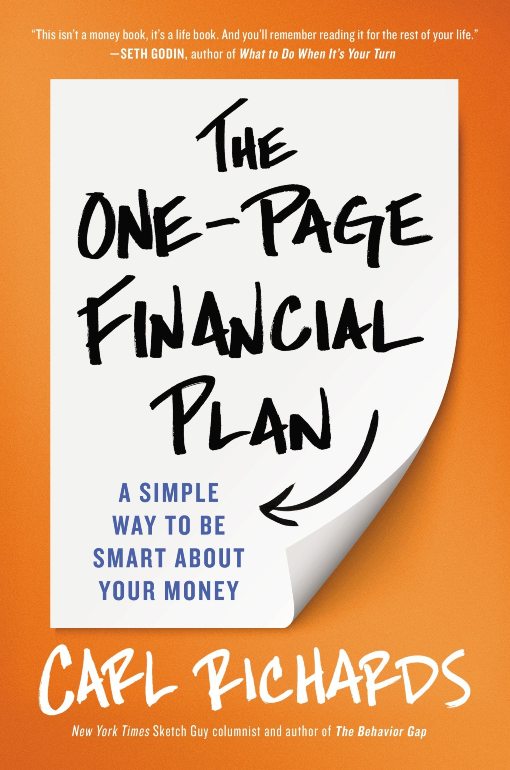
Making an in-depth financial plan can be difficult and time-consuming. But is such a long financial plan really necessary? Not according to Carl Richards. And as the author of multiple personal finance books for beginners, including The Behavior Gap: Simple Ways to Stop Doing Dumb Things with Money, he may have a point. According to Richards, “anyone can write a one-page financial plan”. He believes that you can prioritize what you really want in life by writing it on a single page. Those are the things that make a difference to your financial plan.
What you need in order to be successful in your financial goals is to have a view of the big picture of what those goals are. In this book, Richards provides you with multiple strategies to help you write your own one-page financial plan.
7. Your Mortgage and How to Pay it Off in 5 Years
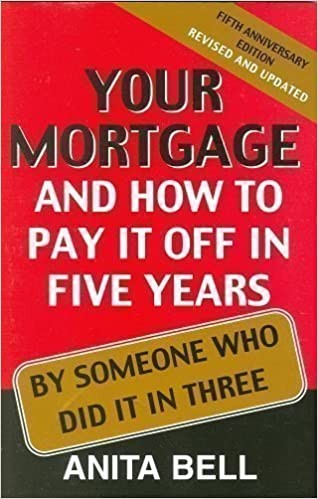
This book stands apart from the other personal finance books for beginners because of its focus on mortgage information. This book combines the basics of budgeting and money management in order to help you pay off your mortgage faster. It may seem impossible to imagine paying off your mortgage in only five years, but the author Anita Bell, and her husband Jim, did just that…only faster. With a combined income of less than $30,000, they paid off their mortgage in just three short years. In Bell’s book, she explains just how they did it — and how you can do it too — in simple steps.
Personal Finance for Beginners: Apps
One of the most challenging parts of personal finance is organization. In order to be successful in your personal finance goals, it is essential to be able to keep track of everything. Unless you are naturally a very organized person, this can be easier said than done. This is why you should consider downloading a finance app. With all of this financial information in one place, it will be easier than ever to keep track of your personal finance. You will be able to instantly access your financial information, pay bills, and even save money in the process.
For instance, with GasBuddy, you can find the best gas price nearby, no matter where you are. Dosh can also make it easier for you to find great deals, whether you are shopping or dining out. If you are looking for something to just help you keep track of your bills and expenses, while also giving advice on how to cut expenses, then Trim could also be a good option for you.
Debt Statistics
When dealing with your own personal finances, you have to look at the big picture in order to truly understand what your own personal situation is. In this case, the big picture refers to the United States debt statistics. In order to understand your own debt, it is easier to picture what the average household is going through. This is one reason the Federal Reserve issues a report about the nation’s economy four times a year.
These United States debt statistics refer to consumer debt. This means they look at money that is owed by people — everyday citizens like you — rather than business debt, which would refer to the money owed by institutions. Unfortunately, the most recent report says that total personal debt in the United States is on the rise. In fact, the total personal debt has increased “every quarter for the past five years.”
Details
According to these debt statistics, by far the largest portion of total household debt is due to mortgage loans. In fact, mortgage loans make up more than two-thirds of the total household debt balance. Though the rate of delinquencies on mortgage balances has recently decreased, there is still nothing else that compares to mortgage loans when it comes to “total dollars owed, but as of yet unpaid.” Other major causes of total household debt in the United States are attributed to student loans, auto loans, and credit card debt.
Though it is important to make informed decisions about your own personal finances, the collective choices of others in society will have an impact on you. It is important to understand where your debt comes from, but also where the debt from everyone else comes from.
Budgeting Basics
Budgeting may seem like an overwhelming task at first glance, but it gets easier over time. It can be time-consuming, but once you have an idea of what your budgeting goals are, then the process will go faster. The first step of budgeting basics is to gather all the information. This includes information about your total income each month and total expenses each month. It is important to know where you are currently at, so that you can make realistic decisions on how to change your spending habits.
When making your budget, make reasonable goals for yourself. Then track your expenses over time — generally month by month — and make changes to your budget as needed.
Before making your first budget, determine why you are doing so. Are you over-spending every month, making it hard to get by each month? Does your credit card debt make it hard to live paycheck to paycheck? If you are currently financially stable, are you looking to improve your credit or your living conditions? Even if you already live in a nice apartment, it is always okay to improve. If you are looking into buying a house or renting an even better, more expensive apartment, then you may have to reprioritize your current expenses. This is where budgeting can help you.
For me, it is easiest to divide my expenses into five main categories:
Fixed expenses include things that I have to pay every single month and are the same (or relatively the same) price each month. This includes things like rent, Internet, utilities bills (such as gas, water, and electric), Netflix account, gym membership, health insurance, and student loans. Try to record everything that you have to pay regularly every month, even if it seems as small as a Hulu or Amazon account monthly payment.
It can also be beneficial to make a small note next to each fixed expense about when it is due. This way, you have another reminder to help you pay off your monthly expenses on time. This can also help ensure that you don’t have any issues with overdrafting your account.
I make a differentiation between groceries and eating out, so that I can still have allocated funds for fun things like ordering pizza, while not going way over budget. It helps to keep track of your groceries expense month to month, so that you can see if there are any fluctuations. Whether you are trying to eat more healthy or have some change in diet, it is important to keep track of how much you spend on groceries, since it is one of your biggest regular expenses.
Cutting back on your groceries expense is hard, since you need food to live and it is cheaper to get groceries than eat out, but if you feel like you are spending too much on groceries, there are ways you can cut back. If you want to decrease your groceries expense, then consider buying generic versus name brand products, use more grocery store coupons, and plan your meals in advance.
It is extremely important to keep track of how often you eat out and how much you generally spend when you do so. You may use something as an excuse (such as going to the gym) to treat yourself with a meal or ice cream out, but this can quickly add up.
It is generally more expensive to eat out than it is to cook at home. Free time, or lack thereof, can be a big factor in one’s decision to eat out, but it should be recorded separately from groceries, so that you have a chance to compare how much you spend eating out versus at home. Then you can determine if eating out is eating up too much of your budget. Don’t forget to record your morning coffee, since this is something that is easy to forget but also adds up over time.
It is also important for me to go out regularly, if not often, so I keep a section of my budget for going out. This section can include things like going to the movies or going on a date with your significant other. It doesn’t matter what you enjoy doing, you should not give it up (completely) just for budgeting purposes. Cutting back is often the best way to go.
If you enjoy going out with friends for food or drinks, then keeping a budget should not stop you. Your expense-tracking from budgeting may show that you spend too much while going out with your friends, but this does not mean stop doing what you enjoy. It means maybe you only go out with your friends once a week and only have one instead of three drinks. Don’t lose who you are for your budget.
For me, my miscellaneous section is for anything that is unexpected and/or does not necessarily belong in one of the other sections. This could mean anything for your household, such as emergency BandAids or Tylenol, to a new frame for an important or sentimental picture.
Miscellaneous can also refer to unexpected large payments, such as for a vacation or emergency medical care. A vacation or emergency medical visit aren’t regular monthly occurrences, so they should not be tracked as such. It is important to me to have this miscellaneous section so that I can keep track of even small expenses made during the month.
It is important to remember to make realistic goals when budgeting. For instance, you may want to decrease your food expenses. It would be reasonable to make a plan where you allocate less money for eating out, if you want to decrease your food expenses. It would not be reasonable, however, to just allocate $50 for your monthly food expenses. You know you will need more money for food than just $50, but you can fairly say that, if you are single and live alone, you will not need a whopping $300 for food expenses. Always keep your goals tailored to your own personal situation, and make sure they are reasonable.
Conclusion
Personal finance can seem confusing before you have the chance to learn more about it, but today there are so many opportunities to educate yourself. Whether you decide to use websites, apps, or personal finance books for beginners, gaining the knowledge you need to achieve your personal finance goals is not out of reach. Whether you are looking for help creating and managing your budget or organizing and managing your debt, there are an abundance of resources available for you.
Education is key, especially when it comes to your finances. If you need a mortgage, a personal loan or a credit card, you need to know what you’re getting into. So make sure you keep reading and getting to know the world of finances. Another useful thing you can do is join the Loanry family. We are here to share our extensive knowledge, but also to help you find potential lenders and best credit cards , if you need them.

Grace Douglas is a master candidate in international security management by day and a personal finance writer by night! With powers in finance, writing, and languages that she received by being exposed to high dosages of university courses and being bitten by booklice while working in a rare books library, Grace loves to use her powers for good rather than evil. If you need help with budgets or personal loan questions, then just call Grace, your friendly neighborhood FinanceWoman!

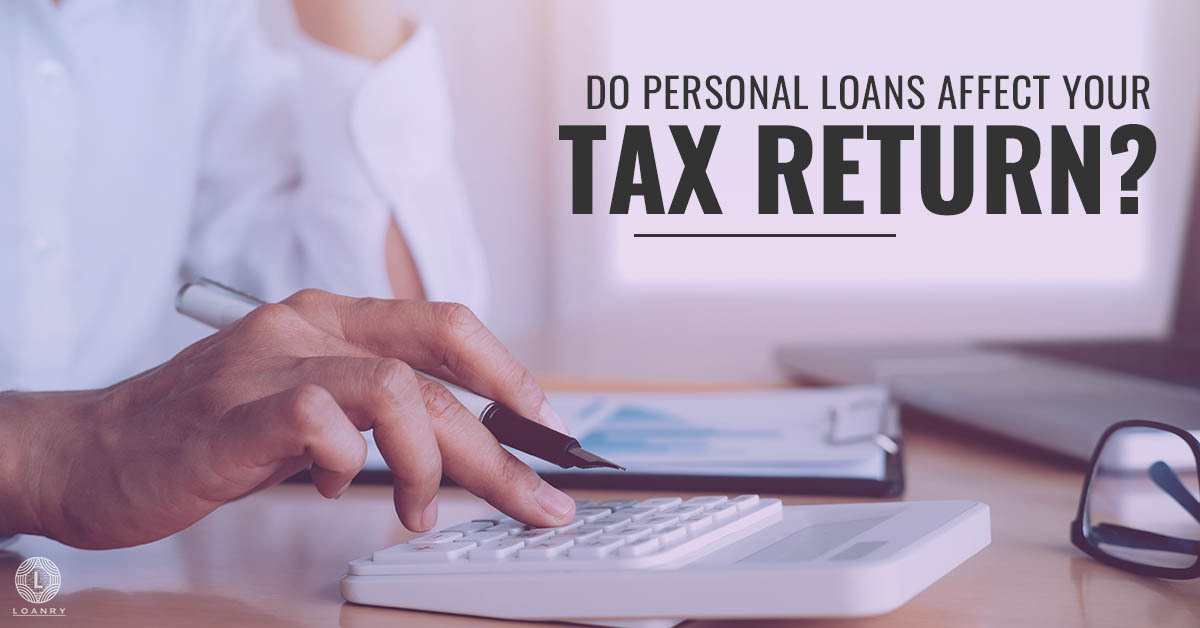
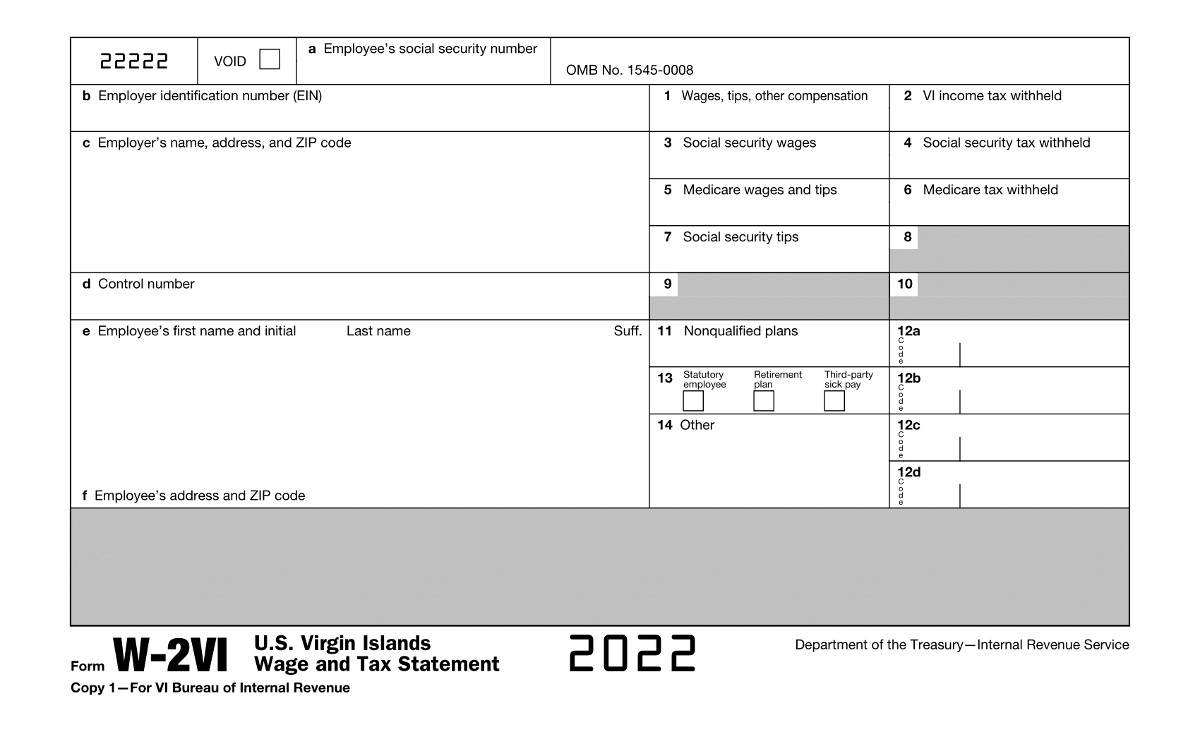
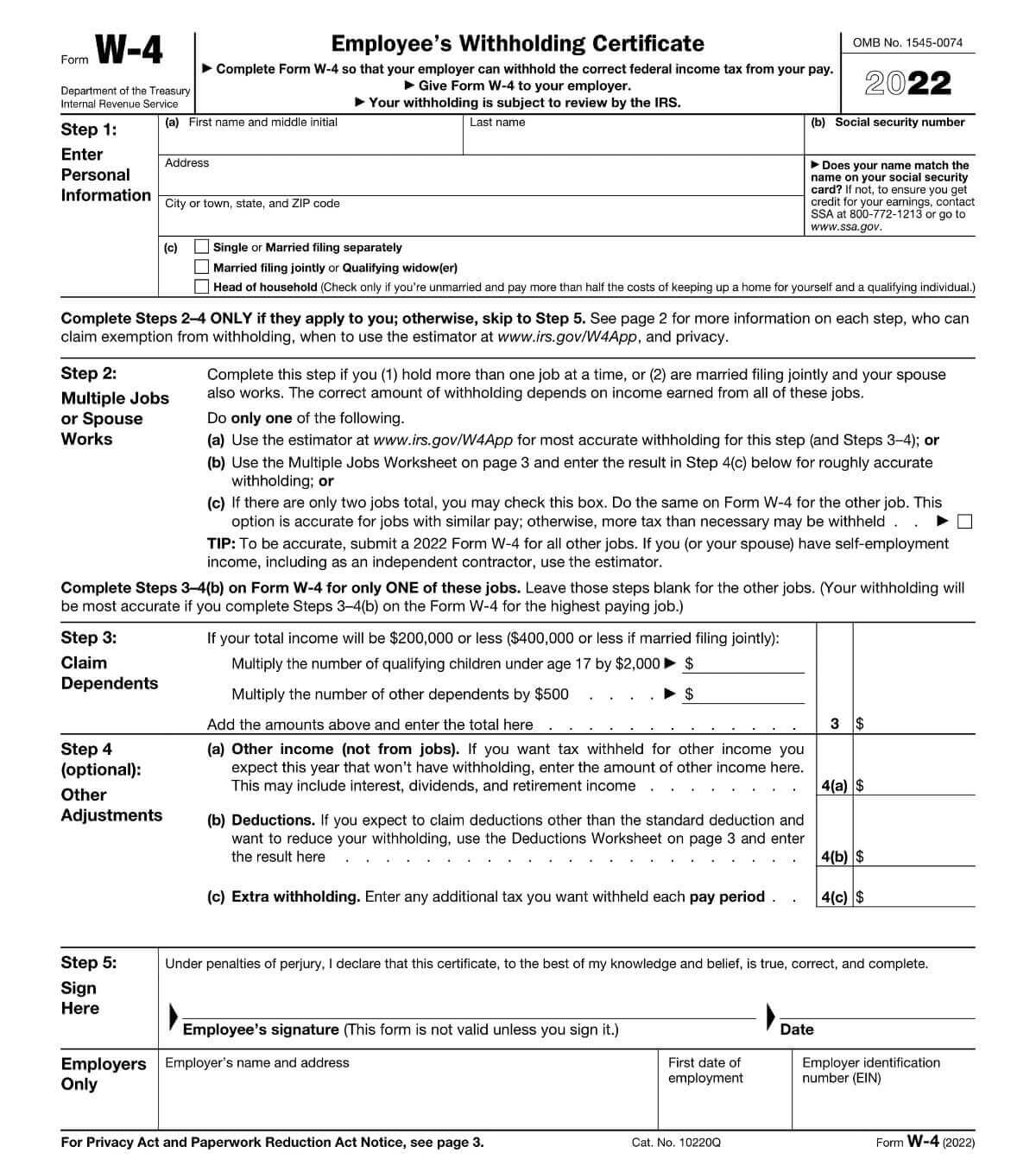

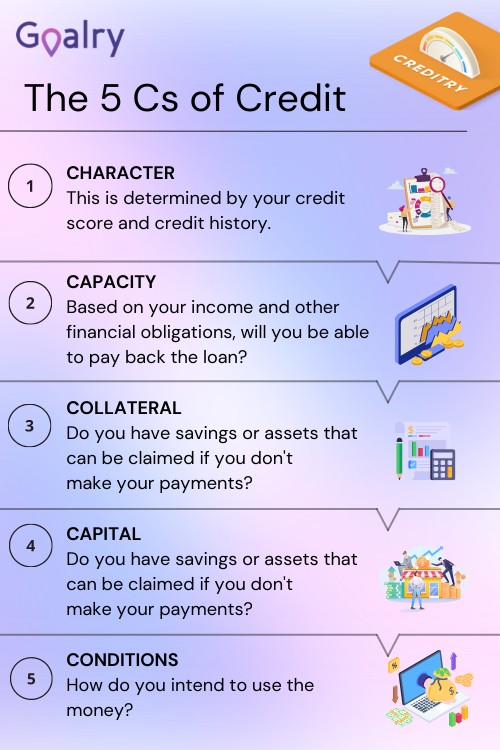
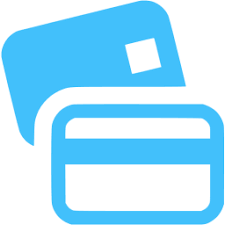
 The second of the five c’s of credit is capacity. While character can be judged more subjectively, capacity is pretty straightforward. It is simply the ability one has to repay.
The second of the five c’s of credit is capacity. While character can be judged more subjectively, capacity is pretty straightforward. It is simply the ability one has to repay. If one of the friends you are considering offers to put up half of the cost up front, you are probably most likely going to choose them- or at least move them to the top of the list. Why? Well, for one, they are easing your financial burden. If they put up half and you put up half, it is a lot less stress on you. Second, it shows that they really want to go and are serious about doing their part.
If one of the friends you are considering offers to put up half of the cost up front, you are probably most likely going to choose them- or at least move them to the top of the list. Why? Well, for one, they are easing your financial burden. If they put up half and you put up half, it is a lot less stress on you. Second, it shows that they really want to go and are serious about doing their part. Capital is not the same as collateral, though they have been confused a bit. Remember that capital is your friend paying a portion of the cost up front. Collateral, on the other hand, is something your friend lets you hold until they repay you. It could be a piece of jewelry, a piece of stereo equipment, or something else that they find valuable. The agreement is that if they do not repay, you have the right to sell that collateral to make back your money.
Capital is not the same as collateral, though they have been confused a bit. Remember that capital is your friend paying a portion of the cost up front. Collateral, on the other hand, is something your friend lets you hold until they repay you. It could be a piece of jewelry, a piece of stereo equipment, or something else that they find valuable. The agreement is that if they do not repay, you have the right to sell that collateral to make back your money. Conditions are just what it says- conditions surrounding the loan. That may seem pretty straightforward but there are many conditions that might affect approval.
Conditions are just what it says- conditions surrounding the loan. That may seem pretty straightforward but there are many conditions that might affect approval.